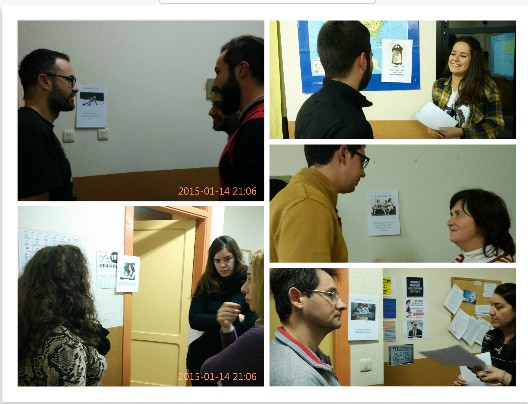Level : B1-B2
In this lesson we talk about mobiles and the Internet, about the use or overuse of this new technology in our lives. The lesson aims at developing their listening and speaking skills and also provides them with the vocabulary and expressions needed to talk about this increasing and, in some cases, worrying phenomenon. This Lesson Plan has two parts. In the first half of the lesson students are presented with two food- for- thought videos related to the use or overuse of mobiles phones. In the second half students are asked to talk about their own experiences using mobiles and the Internet.
PART 1.
Warm up: Do a quick survey to find how many students are carrying their mobile phones. Ask how many have them on their desks.
Video 1. I forgot my phone. (Lasts 2:10) Explain they are going to watch a video and after it, they’ll have to discuss in pairs their feelings and reactions to what they have seen. Get feedback. Follow-up questions: Are mobiles killing conversation? Are they replacing face-face communication?
Video 2. Nomophobia. (lasts 1:00) Ask students if they have ever heard the term nomophobia. Ask them to predict what kind of phobia it might refer to. Play the video and ask students to make a summary of what it says, and encourage students to discuss the question posed in the video: What would you do a week if you didn’t have access to your mobile phone?
https://youtu.be/7r343O7LT7k?si=rfH2EM-lsj9IkLbk
PART 2
Working on Vocabulary. Introduce vocabulary by displaying the word cloud and ask students to make sentences with the words displayed. For a more interactive approach, we might want to ask students to first work in pairs, asking them to choose words from the word cloud to make sentences. Get feedback to solve doubts.

Discussion Questions. Handout photocopy with the questions to be discussed. There are quite a number of questions on the hand-out. I’d suggest doing the first part, which is more mobile oriented, on the first session and the second part, which is more computer oriented, on the second session. Hand-out here.






